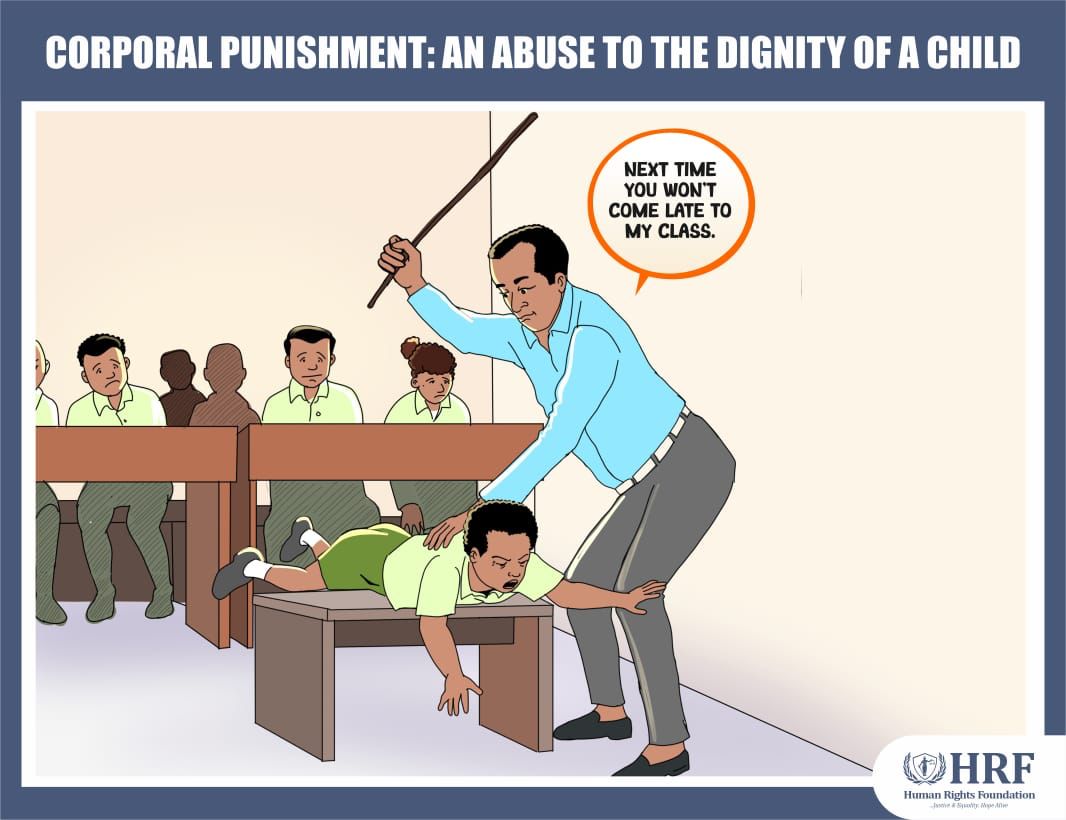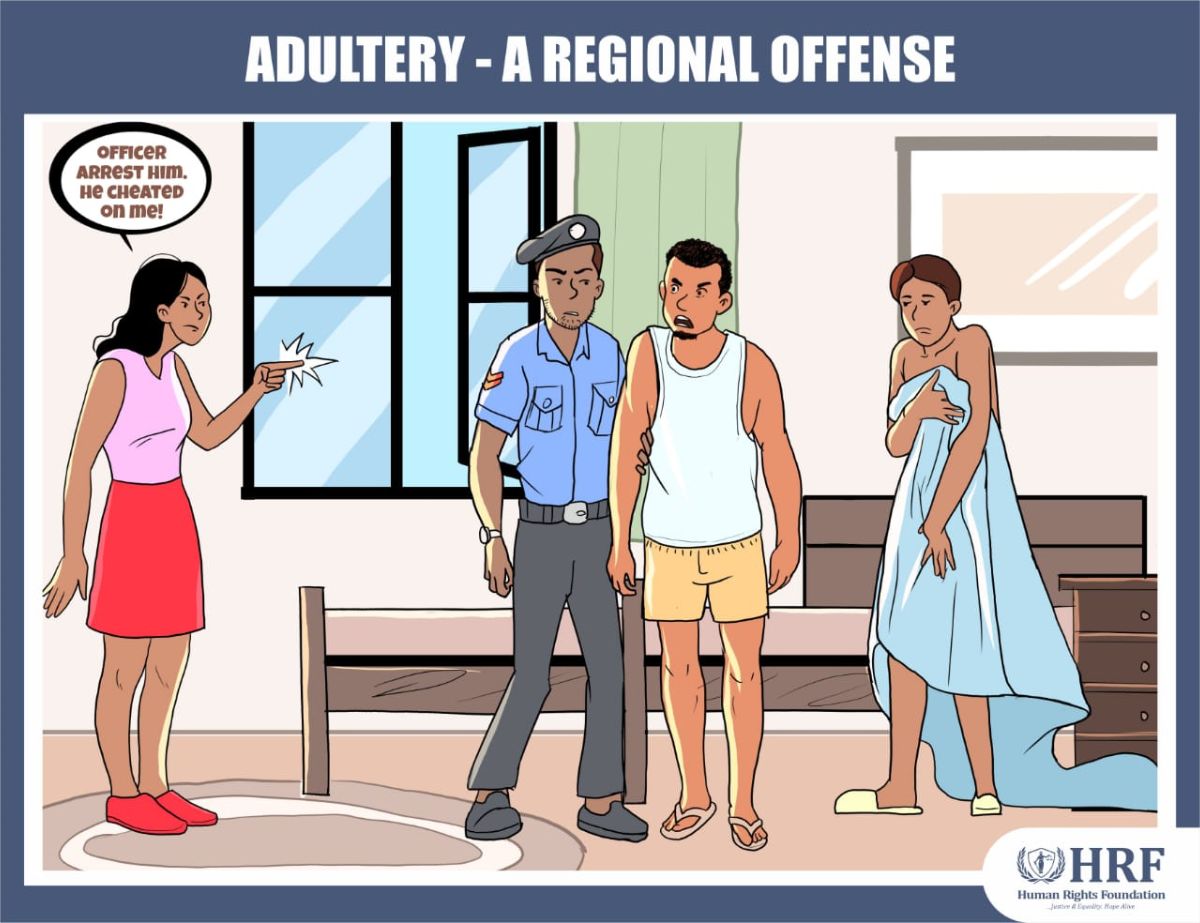.jpg)
Recent media reports surrounding the case of Olowookere Segun and Morakinyo Sunday have misrepresented the gravity of their conviction, which was not for petty theft, as claimed, but for armed robbery. Such misleading narratives not only undermine the seriousness of the offense but also risk eroding public trust in the legal system.
The Legal Distinction: Stealing, Robbery, and Armed Robbery
In Nigerian law, stealing, robbery, and armed robbery are distinct offenses, each carrying escalating penalties. Stealing is defined under Section 383 of the Criminal Code Act as unlawfully taking property without consent, with the intent to permanently deprive the owner of it. However, robbery—punishable under Section 297 of the Criminal Code Act—involves force, threats, or intimidation. It escalates when weapons are involved, creating the offense of armed robbery, which is punishable by death under Section 1(2)(a) of the Robbery and Firearms (Special Provisions) Act.
In Akinfe v. State, the Nigerian Court of Appeal emphasized that robbery, unlike stealing, includes the use of violence or threats. The Supreme Court in Ibrahim v. State confirmed that armed robbery, when weapons are used, constitutes a far more serious crime and deserves heavier punishment due to the risk it poses to public safety.
Defining an Offensive Weapon
An offensive weapon in Nigerian law includes any item capable of causing injury or harm. This can range from firearms to blunt objects like cutlasses, dane guns, and even knives. The law does not restrict the definition to guns alone, as evidenced in Uzor v. State, where a cutlass was deemed an offensive weapon in a robbery case. In State v. Ibeziako (2007), the court held that even a sharp object could constitute an offensive weapon if it’s used to threaten or harm a victim.
Armed Robbery: A Serious Crime, Not a Trivial Matter
The case of Olowookere and Morakinyo is a stark example of how certain media outlets have trivialized serious crimes, reducing the offense to the theft of a fowl. Such reporting diminishes the significance of armed robbery, an offense that often leads to loss of life, bodily harm, and lasting trauma for victims. In Oluwaseun v. State (2010), the Supreme Court affirmed that armed robbery carries a penalty of death due to its violent nature.
In the Osun State case, the convicts were not only guilty of robbery but also of the more severe armed robbery—with the use of dangerous weapons like cutlasses and Dane guns. Their actions were violent, threatening lives, and the evidence clearly showed a pattern of criminal behavior. Justice Falola, in his judgment, was correct to impose stringent sentences for such crimes, which include death by hanging under the Robbery and Firearms Act.
The efforts to distort this case as one of "petty theft" undermine the integrity of our legal system and mislead the public about the seriousness of crimes like armed robbery. While the prerogative of mercy may be exercised by the state, it should not be construed as a rejection of the law. The judiciary’s role is to impose justice based on evidence, while the executive's clemency is a separate, compassionate decision. The public must understand that armed robbery is a violent crime with far-reaching consequences, and efforts to trivialize it only weaken the rule of law.
In conclusion, Nigerians must reject misleading narratives and focus on the gravity of armed robbery, which threatens the safety of society and demands appropriate legal consequences.



0 Comments